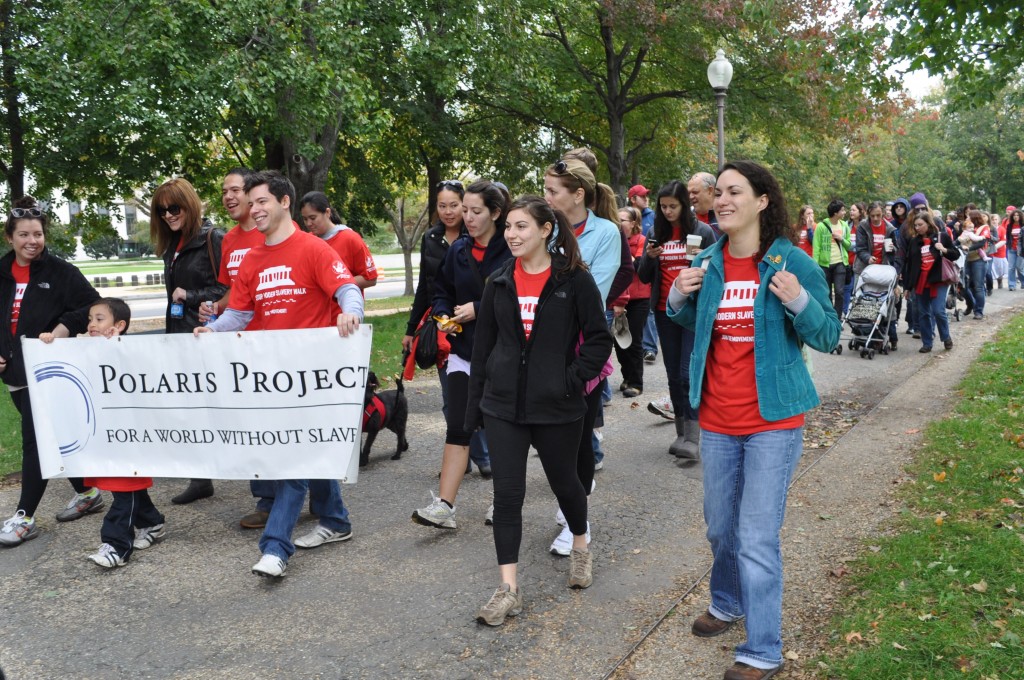
NGOCSTIP – Polaris Project is at the forefront of the fight against human trafficking. With its comprehensive approach, the organization empowers survivors and advocates for systemic change. Polaris provides essential resources to those who have been trafficked, ensuring they receive the support they need to recover. At the same time, the organization works tirelessly to change policies, laws, and public perceptions surrounding human trafficking. Polaris’ multi-faceted approach brings together direct services, advocacy, and education to tackle this global issue.
One of Polaris Project’s key missions is to empower survivors of human trafficking. It provides a range of support services, including safe housing, legal assistance, and mental health care. Survivors often face many challenges in rebuilding their lives after escaping trafficking situations. Polaris helps them navigate the complex process of recovery, offering personalized care based on their specific needs. Whether it’s securing employment or accessing healthcare, the organization ensures that survivors can regain their independence.
Through their outreach programs, Polaris offers a lifeline to those who feel trapped in abusive and exploitative situations. They maintain a helpline that is available 24/7, providing immediate assistance to victims in need. By offering both immediate aid and long-term support, Polaris gives survivors a path to healing and rebuilding their lives.
“Read about: Breaking Free from Modern Slavery: Human Trafficking Awareness”
Beyond providing direct support, Polaris Project is a powerful advocate for policy reform. The organization understands that tackling human trafficking requires systemic change. Polaris works with lawmakers, law enforcement, and other stakeholders to push for stronger anti-trafficking laws. It also advocates for policies that ensure survivors receive proper care and protection. Through its efforts, the organization helps create a legal framework that holds traffickers accountable while protecting the rights of survivors.
Polaris’ advocacy extends to raising awareness about the realities of human trafficking. By educating the public and key policymakers, the organization helps build a broader understanding of the problem. Their goal is to create a society where trafficking is not only prevented but also effectively prosecuted. Polaris continues to influence national and global conversations about human trafficking and how to combat it.
Collaboration with law enforcement is another critical element of Polaris Project’s work. The organization partners with police departments, local authorities, and government agencies to improve the identification of trafficking cases. By providing law enforcement with training and resources, Polaris ensures that they have the tools to recognize the signs of trafficking.
Additionally, Polaris facilitates the coordination between various law enforcement agencies, making it easier to track and apprehend traffickers. This collaboration is essential for disrupting trafficking networks and bringing perpetrators to justice. By strengthening relationships between law enforcement and anti-trafficking organizations, Polaris helps create a unified front against trafficking.
Polaris Project plays a crucial role in educating the public about human trafficking. They raise awareness through campaigns, outreach events, and educational materials. Polaris helps communities understand the warning signs of trafficking and how they can take action to help.
Through partnerships with schools, businesses, and other organizations, the Polaris Project reaches a wide audience. It encourages people to become active participants in the fight against trafficking by reporting suspicious activity and supporting local anti-trafficking initiatives. By educating the public, Polaris helps create a more informed and proactive society.
Polaris Project also contributes to the fight against human trafficking through research and data collection. The organization maintains the National Human Trafficking Hotline, which collects data on trafficking incidents across the United States. This data is vital for understanding the scope of trafficking, identifying trends, and informing anti-trafficking strategies.
By analyzing data, Polaris helps identify new trafficking patterns and best practices for intervention. This research plays a critical role in shaping anti-trafficking policies and providing better support to survivors. Additionally, Polaris uses the data to inform public awareness campaigns and improve outreach programs.
“Read more: Restoring Freedom: How The Salvation Army Helps Survivors of Human Trafficking”
While Polaris Project operates primarily in the United States, its impact extends globally. The organization collaborates with international partners to address the global nature of human trafficking. Polaris shares best practices and knowledge with organizations around the world, creating a more unified international response. The global network of anti-trafficking advocates and organizations strengthens the collective effort to combat this crime.
Through partnerships with other NGOs and governments, Polaris helps foster a global coalition working toward a world without human trafficking. By promoting international cooperation, the organization helps close the gaps that traffickers exploit.
Polaris Project works tirelessly to combat human trafficking by providing vital resources for survivors and advocating for legislative change. Through collaboration with law enforcement, research, and public awareness efforts, Polaris is building a more effective and unified approach to ending human trafficking. By supporting survivors, pushing for policy reform, and raising public awareness, the Polaris Project plays a critical role in the global fight against modern slavery.